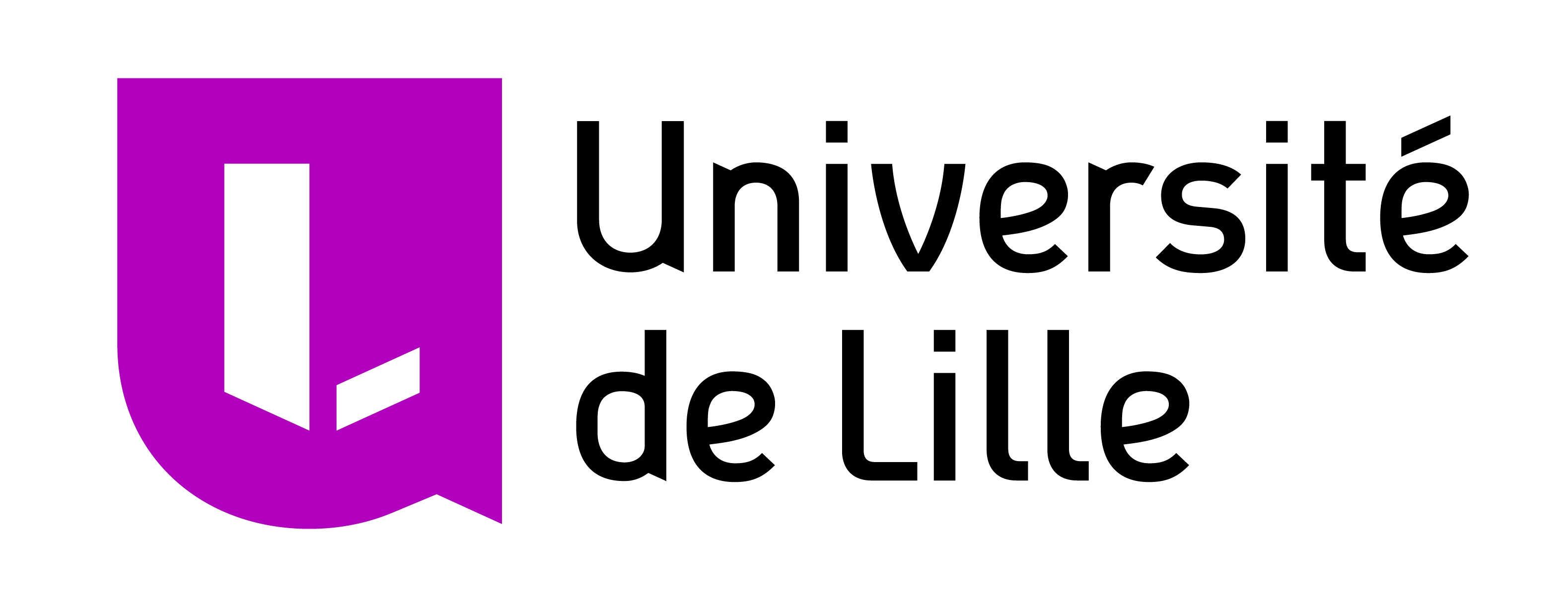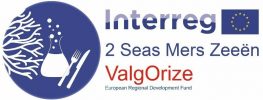Université de Lille

Visit Université de Lille's website
The Université de Lille team involved in ValgOrize is composed of two research groups belonging to two CNRS affiliated institutions: the Laboratory of Oceanology and Geosciences (UMR 8187 LOG; https://log.cnrs.fr/) and the Laboratory of Spectroscopy for the Interactions, Reactivity and the Environment (UMR 8516 LASIRE). They are mainly involved in the WP2 dealing with all aspects of micro-algal production and use and WP3 for analysing heavy metals.
Generally, they are continuously using micro-algal cultures at different scales for several aquaculture projects. Particularly the optimisation of algal production and its upscaling is crucial to provide good feed for the live preys they are growing (rotifers but mainly copepods). In the ValgOrize project they developed new protocols based on the use of artificial seawater and a safe procedure. They also targeted the microalgae Diacronema (Pavlova) lutheri to provide all outputs and deliverables of the project. The ValgOrize consortium has been a big part of their daily work because their vertical photobioreactors (batch mode) were optimised and upscaled up to 300 L/unit. At lab scale several experiments were conducted to study the growth conditions of D. lutheri, optimise the harvesting protocol, re-use of the culture medium (zero waste) and the investigation of the negative effects of Arsenic a toxic component that can be bioaccumulated by either microalgae or seaweeds. The use of experiments with micro-algae was helpful to optimise all analytical methods to detect the presence of heavy metals (including Arsenic) for small sized samples. "The interaction with all partners of ValgOrize offered a unique opportunity to strengthen our research on micro-algae and improve our large culture pilot that will be equipped soon by a new industrial photobioreactor.", says Sami Souissi, ULille coordinator for ValgOrize.
Finally, they promoted the importance of algae and the industrial valorisation of their biomass in our teaching modules particularly in the Masters FOGEM (Functioning and Management of Marine Ecosystems) hosted in the Marine Station of Wimereux and the European Master BioRef (https://master-bioref.eu/about-bioref/).
